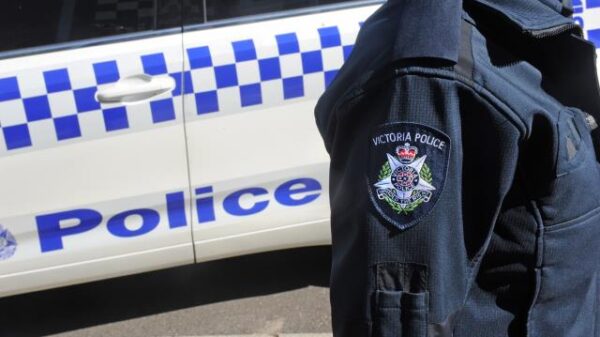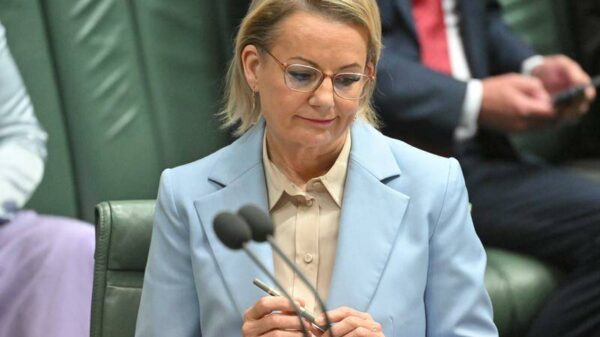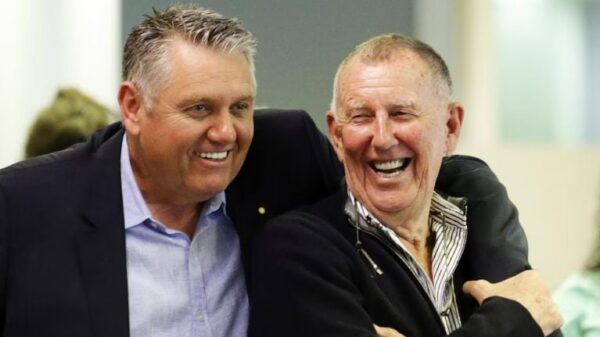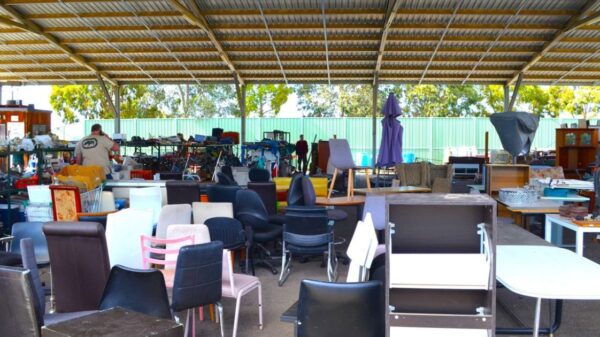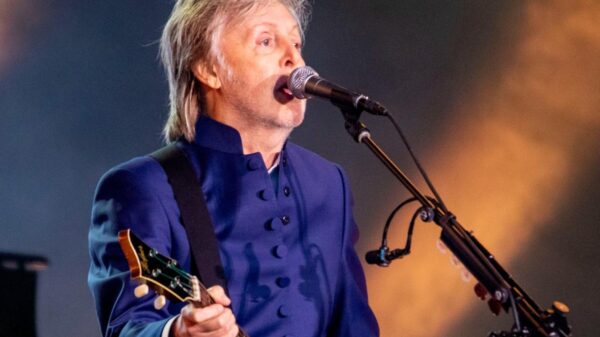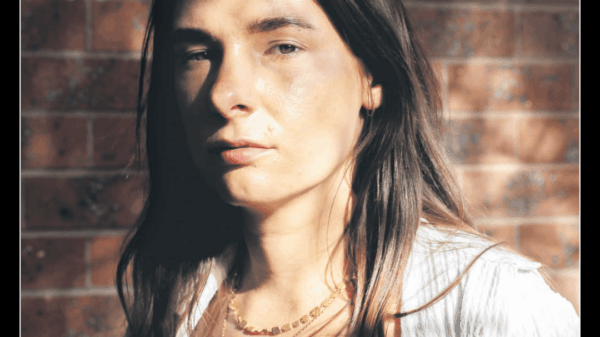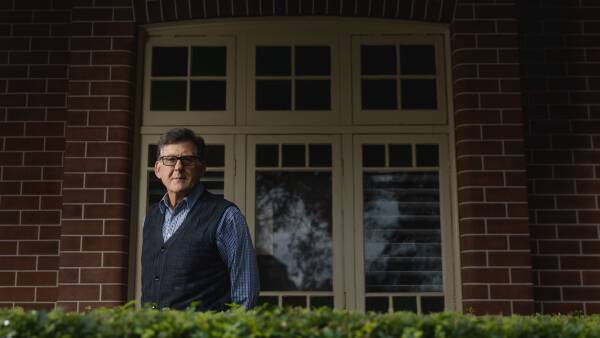Significant reforms in education are underway in Australia, aiming to integrate Indigenous knowledge and climate change awareness into the national curriculum. Leading this initiative are prominent scholars such as Dr Aleryk Fricker and Associate Professor Peta White, who advocate for a curriculum that reflects diverse knowledge systems and equips students to address contemporary global challenges.
Incorporating Indigenous Knowledge into Curriculum
Dr Aleryk Fricker, an Associate Professor of Indigenous Knowledges, is at the forefront of research focused on embedding First Nations scientific principles into educational frameworks. He emphasizes the importance of recognizing that knowledge systems, including literacy, numeracy, and art, have existed in Australia for tens of thousands of years. “Science wasn’t invented when the Europeans arrived,” he stated, highlighting the depth of Indigenous knowledge.
Dr Fricker envisions a decolonial approach to science education in Australia. His goal is to elevate the visibility of First Nations science, allowing it to be learned alongside Western scientific paradigms. “We need to challenge the false dichotomy that if it’s not Western science, it’s not science,” he added. By doing so, he believes educational institutions can reassess methods of teaching and evaluating science within classrooms.
Similarly, Joshua Waters, a PhD candidate and Senior Research Fellow at Deakin University, is investigating the integration of Indigenous knowledge in higher education. He asserts that Indigenous perspectives must be valued within all areas of academic curricula. Despite some universities making strides in this direction, Waters notes a significant gap remains, particularly in STEM fields where students miss opportunities to engage with Indigenous scientific understandings.
Addressing Climate Change Through Education
In tandem with discussions on Indigenous knowledge, Associate Professor Peta White is exploring how climate change education can be effectively incorporated into the curriculum for students in Years 5 to 10. Her research aims to provide students with the skills necessary to respond to the realities of human-induced climate change. “We’re working with scientists to bring contemporary climate science into a classroom context,” A/Prof White explained.
White’s research focuses on developing teaching sequences that address socio-ecological challenges, such as energy transitions and biodiversity loss. The initiative encourages students and teachers to engage actively with these pressing issues, fostering a sense of agency in tackling climate change. “We always come back to ‘so what do we need to do about it?’” she remarked, emphasizing the importance of collective action in addressing environmental challenges.
Furthermore, A/Prof White is collaborating with climate-change educators across Australia to establish a national climate-change education strategy. She advocates for policy support to empower schools to connect their climate education efforts with local communities, recognizing the curriculum as a pivotal piece of educational policy.
These transformative efforts represent a critical step towards empowering young Australians with the knowledge and skills needed to effectively confront global challenges. By integrating Indigenous knowledge and focusing on climate education, Australian educators aim to cultivate a more inclusive and sustainable future.
To learn more about the groundbreaking research from Deakin University, interested parties are encouraged to explore further resources and initiatives.

